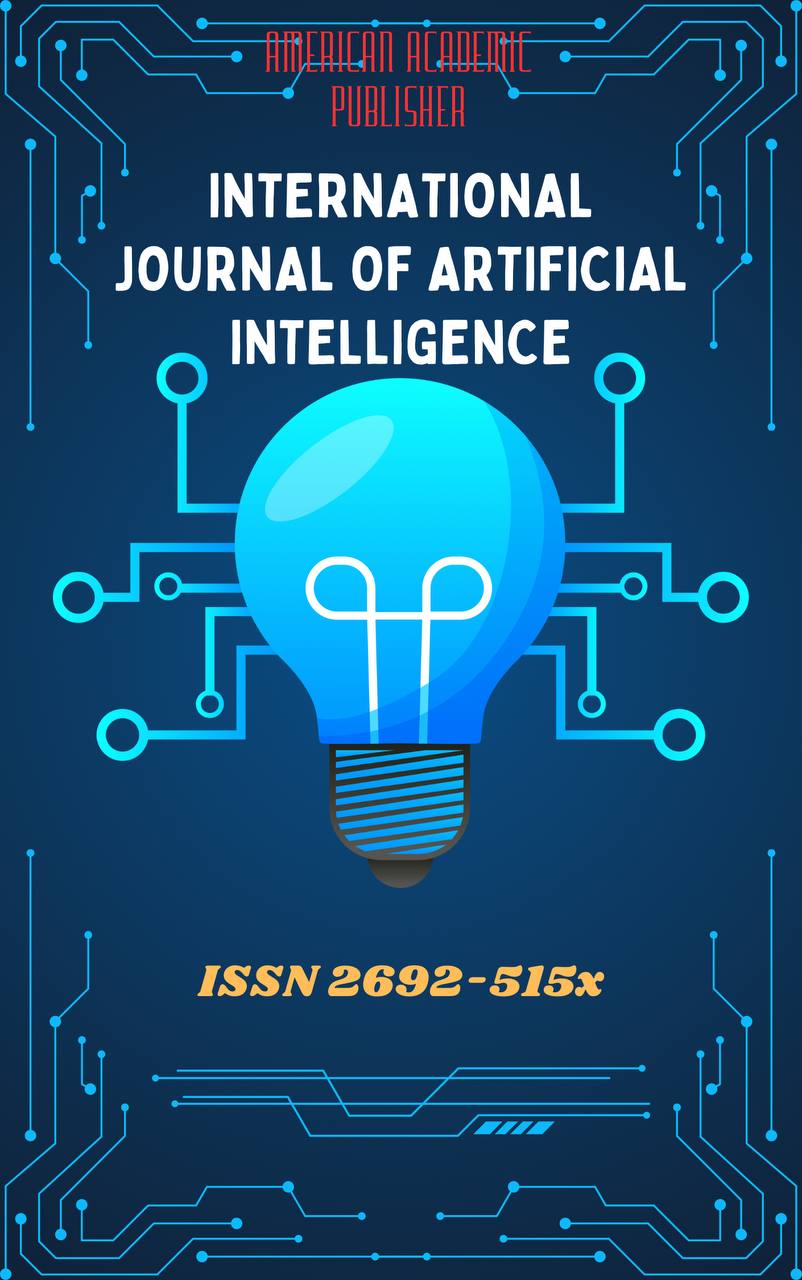 Articles
| Open Access |
Articles
| Open Access | FUNDAMENTALS OF FOREIGN LANGUAGE LEARNING FOR FUTURE ECONOMISTS IN THE ERA OF SOCIAL DEVELOPMENT
Abdimurodova Shaxnoza Anvar qizi , Senior lecturer at the department of economics and management, TDIUAbstract
In today’s rapidly globalizing world, the demand for highly qualified professionals with a broad, international perspective is growing, particularly in the field of economics. For future economists, mastering a foreign language is not just a communication tool but a crucial asset for accessing international markets, engaging in global research, and participating in cross-cultural economic dialogue. This paper explores the essential role of foreign language learning among economics students, emphasizing its significance for their academic performance and professional development. The study also highlights the influence of modern technologies—such as online learning platforms, mobile applications, and AI tools—in making language acquisition more efficient. Additionally, it discusses the importance of interdisciplinary education and international cooperation in fostering language proficiency, ensuring that economics students are better prepared for the demands of a globalized economy.
Keywords
foreign language learning, future economists, social development, economic education, globalization, interdisciplinary skills
References
Crystal, D. (2003). English as a Global Language. Cambridge University Press.
Graddol, D. (2006). English Next. British Council.
Kramsch, C. (1998). Language and Culture. Oxford University Press.
European Commission. (2020). Language Learning and Economic Competitiveness.
Oxford Economics. (2014). The Economic Value of English in the Global Marketplace.
Article Statistics
Downloads
Copyright License

This work is licensed under a Creative Commons Attribution 4.0 International License.

